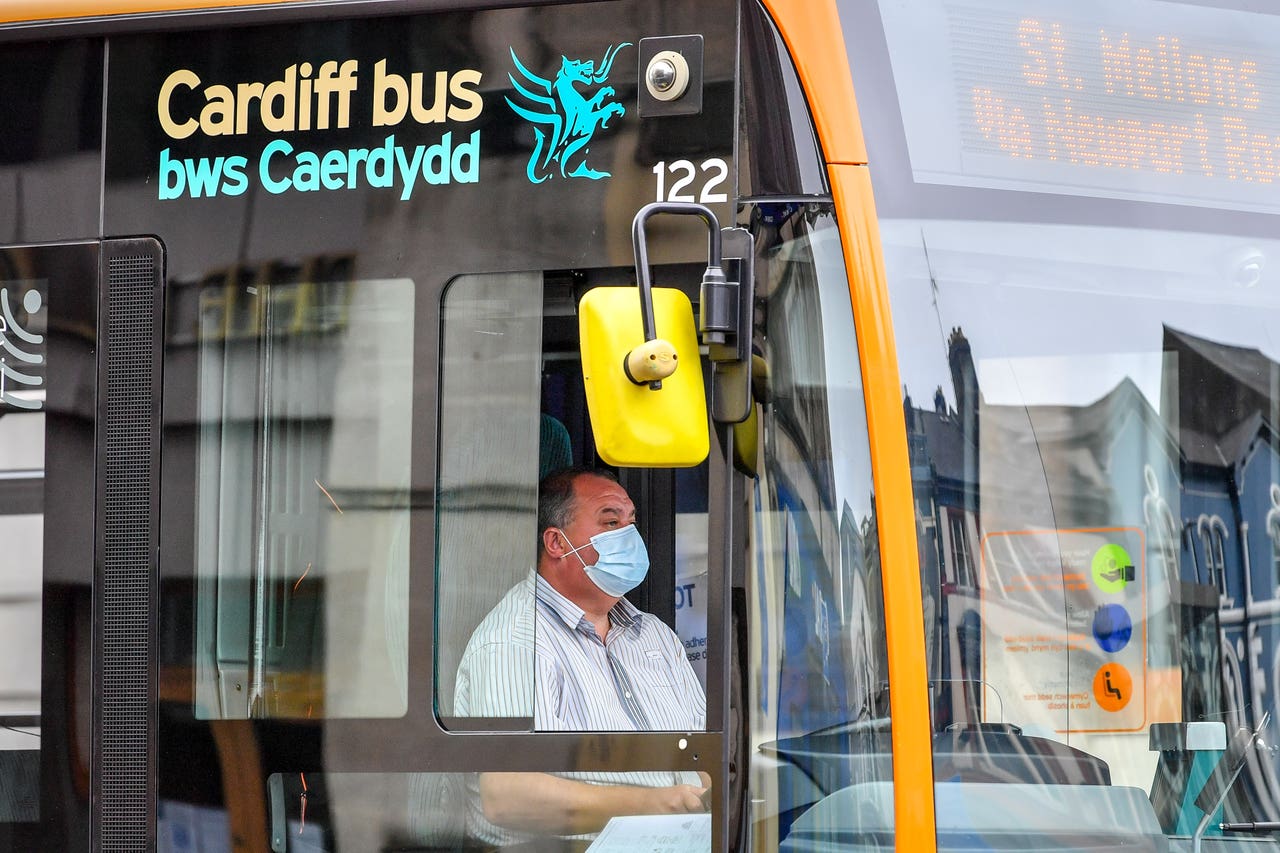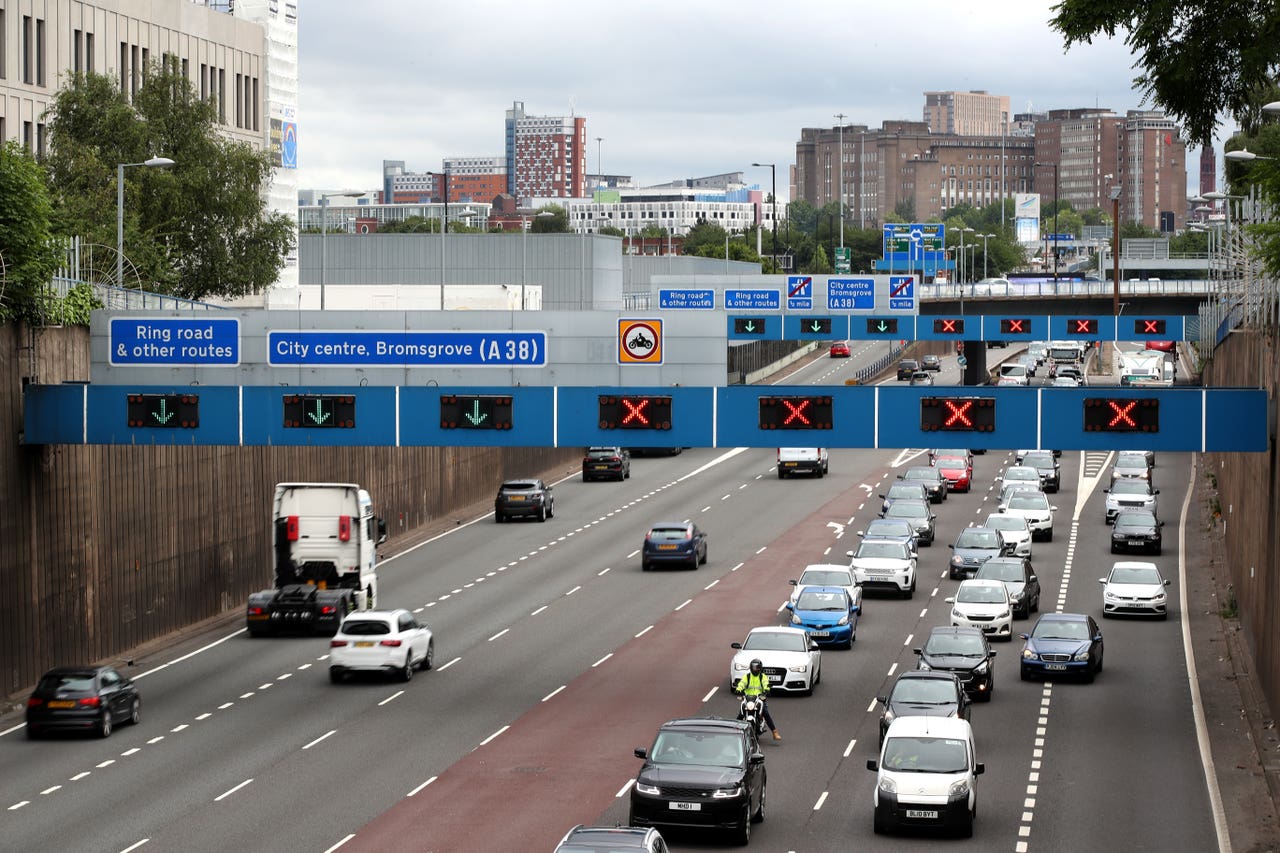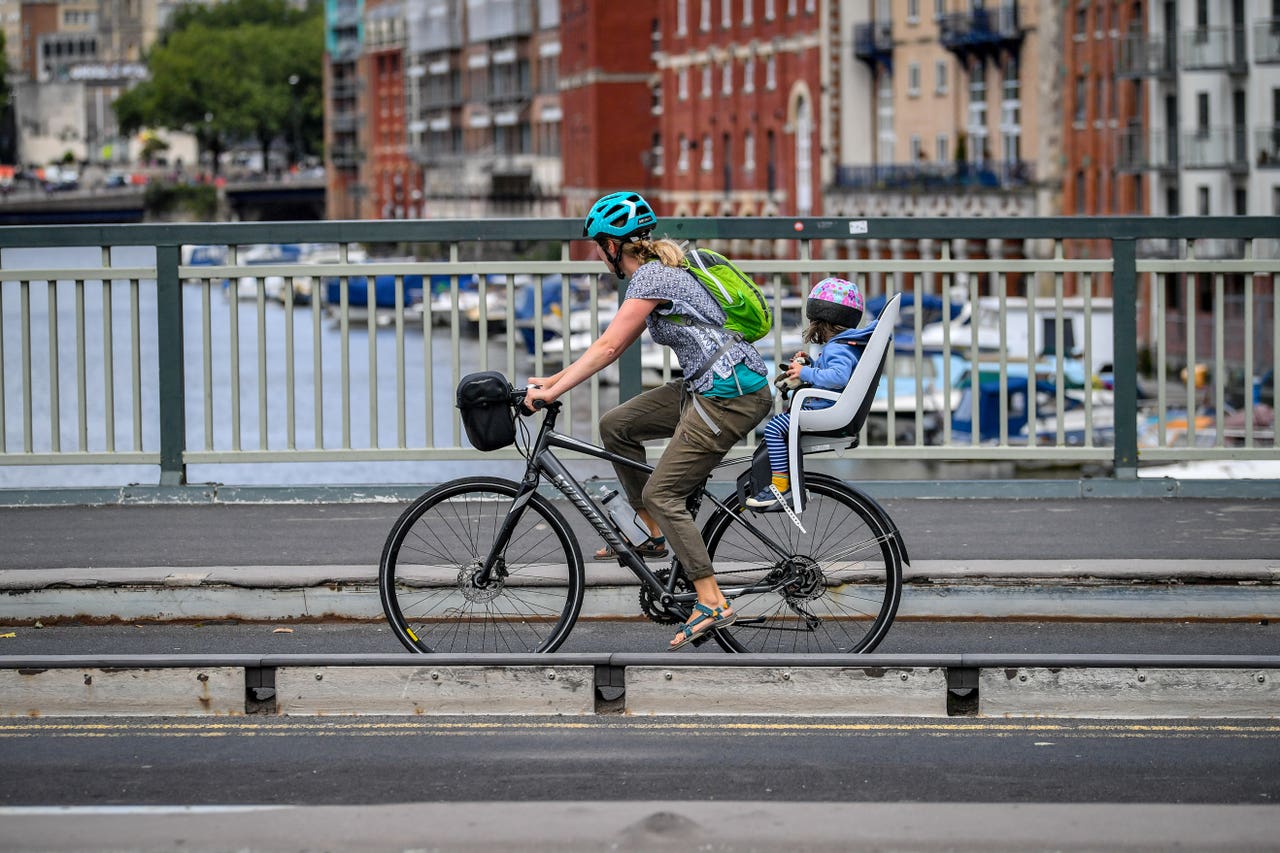What is the government’s advice for safe travelling during the pandemic?
The Department for Transport has today issued new advice for passengers.
/cloudfront-us-east-1.images.arcpublishing.com/shropshirestar.mna/KQRDL5MDRFDF3K7WNNTEYLKNKQ.jpg)
With rules around socialising changing today, the Department for Transport has issued an ‘easy to read’ guide to travelling during the pandemic.
This covers rules about what types of transport you should prioritise, and how to travel safely if you have to. Here are the most important points for those on the move in England – some rules might be different in Northern Ireland, Scotland and Wales.
The basics
There are a few things you should be doing whenever you venture out in public, for example, keeping two metres from other people and regularly washing your hands with soap and water or hand sanitiser.

You must also wear a mask whenever you’re on public transport, including buses, trains, trams, planes, ferries or ships. This also applies to transport hubs, including airports, railways stations, bus stations and sea port terminals.
If you don’t wear a face covering, you might be stopped from using public transport and could face a fine if you’re found to be breaking the law. Some people are exempt from wearing a mask, such as those with certain disabilities or if you have breathing problems.
The best ways to travel
Government advice suggests you should walk or cycle wherever possible. With people being discouraged from using public transport, cycling and walking helps reduce the impact of increased traffic if everyone drove instead.

If you must drive, you should only stop at petrol stations and service stations if you really need to, and only share a car with people you live with or who are in your support bubble. If you do have to stop, wear a mask in-store and practise social distancing, while if you have to drive with others outside of your bubble or household, try to share with the same people each time.
If you must use public transport
It’s not always possible to avoid public transport, so there are a few ways to minimise risk if you do have to. Firstly, you should plan your route ahead of time, and leave a bit longer to travel in case timetables have changed.
You should also aim to travel outside of peak times so that you come into contact with fewer people, and use contactless payment methods where possible.
If you’re forced to get close to people, such as when boarding a train, try not to touch anyone, face away from others if possible, and keep your mask on at all times. You should also try to avoid touching windows, doors and walls.
Travelling with children
When travelling with children, you should help them follow the rules as much as possible. The only exemptions that apply to children are face masks – those under the age of three should not wear one, while those aged four to 10 can, though they don’t have to.

When not to travel
If you’re being careful and following guidelines, travelling can be safe. However, there are a few reasons why you should avoid all travel.
For example, if you have coronavirus or coronavirus symptoms, live with someone who has it or thinks they have it, if anyone in your support bubble has it, or you have been told to shield, you should avoid travelling.